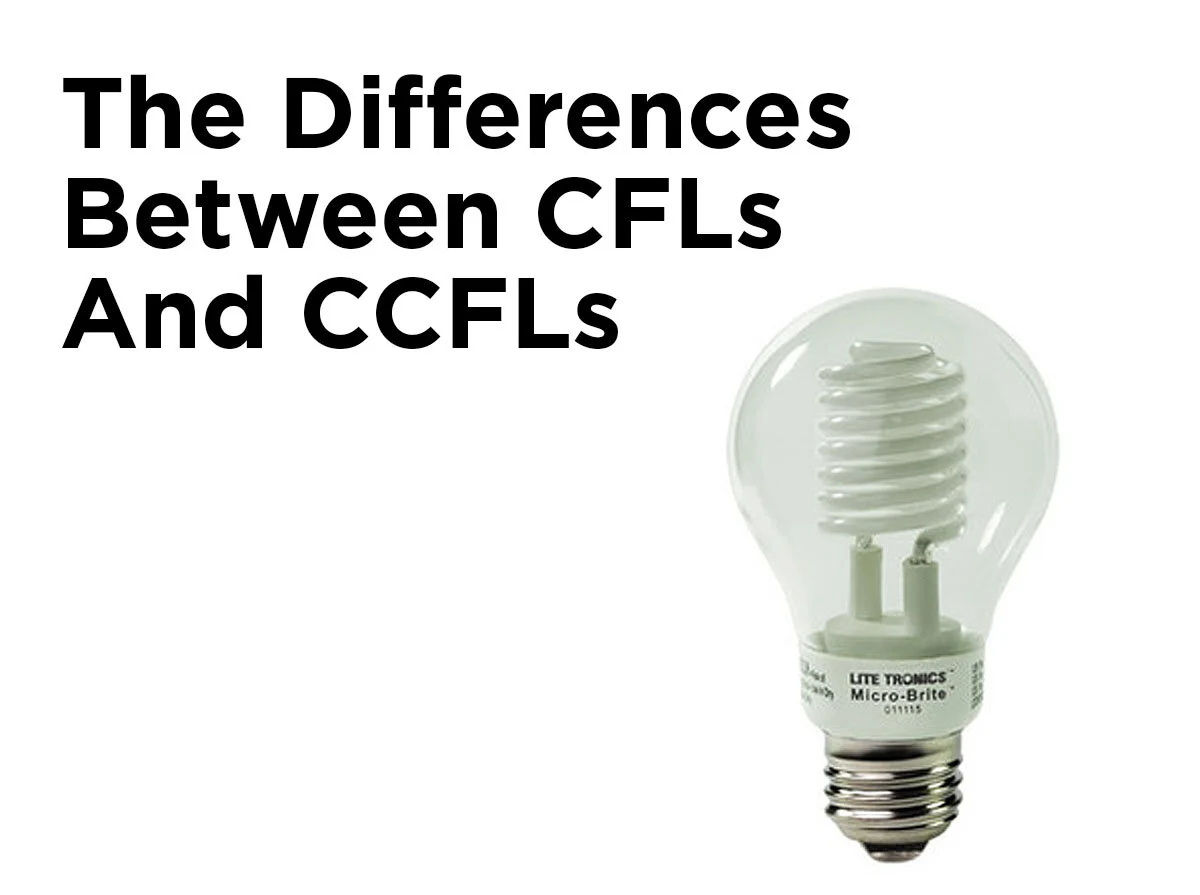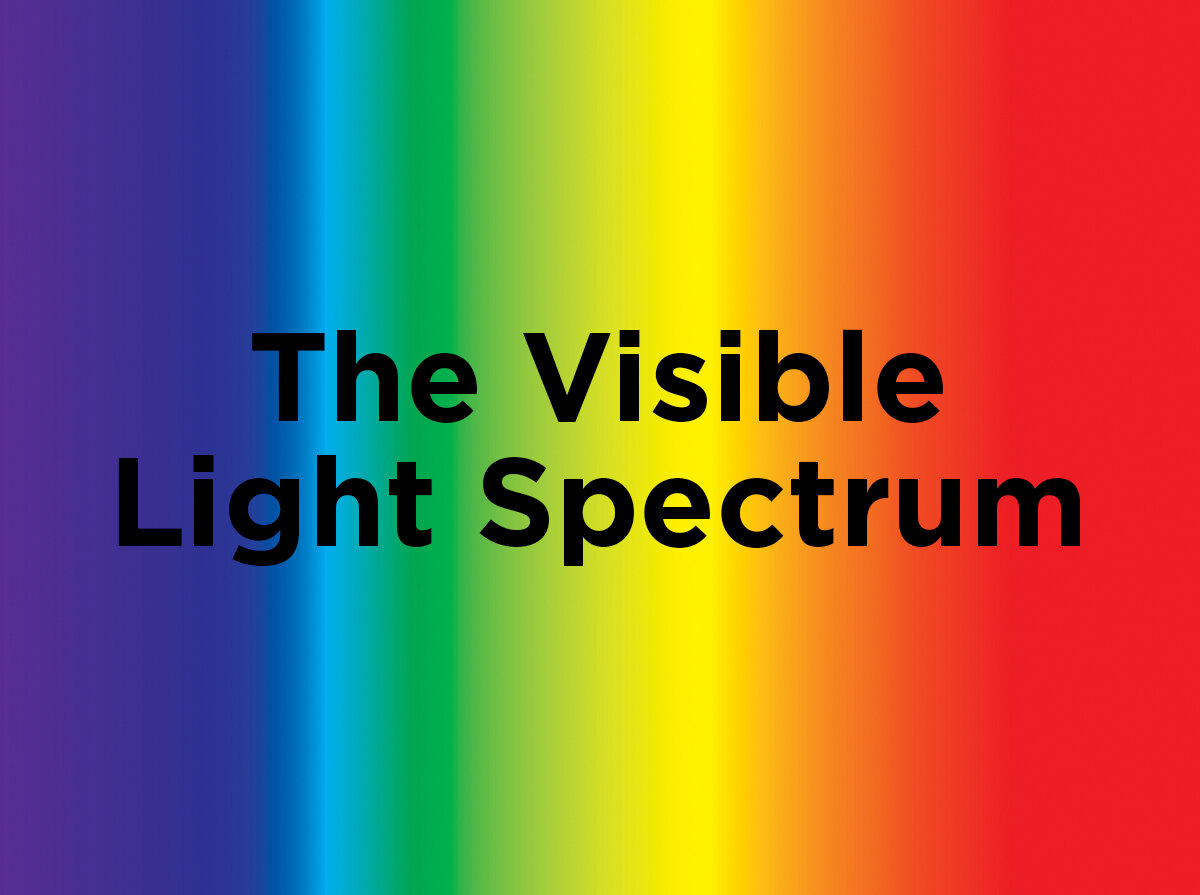Is Artificial Light Ruining Your Sleep?
If you’ve been waking up tired or groggy, the reason could be beyond not being "a morning person." After eliminating medical reasons, you may want to examine your pre-sleep exposure to certain types of light. Consider a few questions: Do you have bright, cool lighting in your bedroom? Do you sleep with your TV on? Are you on your computer or tablet within a few hours before going to bed? If you answered “yes” to any of these inquiries, you already know where this is going. But how can these factors cause poor sleep? Let me explain.
The Circadian Rhythm and Blue Light
Most people have at least heard of the concept of a circadian rhythm. For those who haven’t, it’s our internal clock: a 24-hour cycle of biological, mental, and physiological processes. These processes include cognitive performance, mood, and most importantly here, sleep and wakefulness. Although circadian rhythms are hardwired into our nature, external cues called “zeitgebers” can alter these rhythms. Temperature, medicines or drugs, exercise, eating and drinking patterns, as well as light are all zietgebers.
Light is the zietgeber with the biggest impact on our sleep cycle. This is because for millions of years, before anyone could even fathom the idea of a light bulb, the light/dark cycle of the earth was the way by which we lived our lives. We had to hunt and be active during the day (when we could see everything) and sleep by night when we could not. Throughout our evolutionary development, being alert and awake during the daytime was how we survived, and this notion gradually became part of our natural instincts.
Fast forward to today – a world with the advent of the light bulb. As it turns out, not only natural daylight has the ability to affect our sleeping patterns. Studies have shown that artificial sources can have a significant impact on our sleep as well - more specifically, sources that emit light in the same hue as afternoon sunlight.
So, what is the hue of midday sunlight? Blue light in the color temperature spectrum of 5000K and above. Some overhead light sources, along with your televisions, laptops, and phone screens, emit light in this spectrum. Remember, for millions of years blue light meant daylight, not an episode of The Tonight Show or a game of Angry Birds. Although our conscious minds know the difference, our bodies and biological clocks don’t – so when we turn on bright, cool lights or use our electrical devices late into the night, the blue light from these sources triggers our mental alertness, making it harder for our bodies to fall asleep.
On a chemical level, blue light has come to regulate our secretion of melatonin, the sleep hormone. When we are exposed to blue light, we limit the production of melatonin and stay alert and awake. When we are not, our melatonin production rises, and it becomes easier to sleep.
How To Mitigate Blue Light
You may be thinking “Yes, I have been exposing myself to blue light at night. Other than going to bed earlier, what can I do to achieve better sleep?” No worries. We’ve compiled a few pointers.
Use Lights with a Warm Color Temperature (2700K-3000K) Evocative of the dim glow of fire, orange-yellow light tends to have a calming effect and does not interfere with melatonin production. These characteristics make warm light the best kind of lighting for your bedroom, especially when you're laying down to catch some Zs.
Dim Your Lights Lowering your light level can also help. Using a light switch dimmer would be ideal, but if you don’t have a dimmer, you could simply turn off your main light source and use a lamp instead.If you’re watching TV or using some other electronic device before bed, dim the screen down to lessen the effects of the light.
Limit Electronics Usage before Bed Turning off your television or laptop (and consequently removing the barrage of blue light from your eyes) about an hour or two before bed will give your body some time to get back into sleep mode.
Expose Yourself to Plenty of Natural Blue Light during the Day This will help normalize your sleep cycle. It works both ways!
Of course, we’re not suggesting that blue light is all bad: it has its perks, too. In a previous article, we discussed how cool blue light can be ideal in classrooms or workplaces due to its energizing nature. We’re merely suggesting it stay out of the bedroom at night – where it doesn’t belong.
Have any questions about how light could be affecting your sleep? Let us know in the comments or drop us a line on Facebook, Twitter, LinkedIn, Pinterest, or Google Plus!







